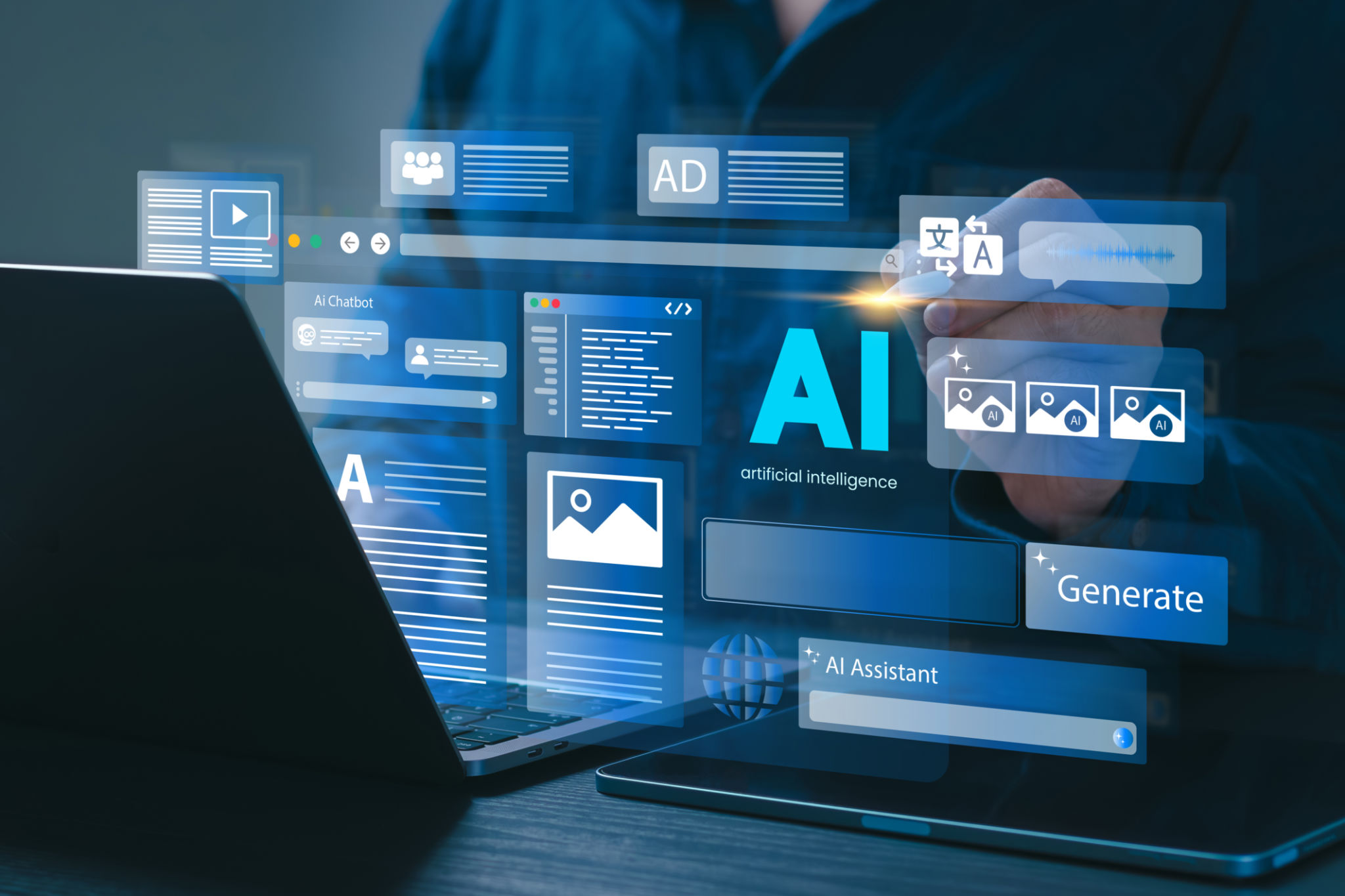AI in Marketing: Trends and Innovations to Watch
The Rise of AI in Marketing
Artificial Intelligence (AI) has transformed the marketing landscape, offering businesses new ways to engage with consumers. As AI technology continues to evolve, its application in marketing is becoming more sophisticated and integrated. From personalized customer experiences to predictive analytics, AI is reshaping how brands interact with their audiences.

Personalized Customer Experiences
One of the most significant impacts of AI in marketing is its ability to create personalized customer experiences. By analyzing data from various sources, AI can tailor content, recommendations, and offers to individual preferences and behaviors. This personalization not only enhances customer satisfaction but also drives higher conversion rates.
For instance, AI-powered recommendation engines, like those used by e-commerce giants, analyze browsing history and purchase patterns to suggest products that align with a customer's interests. This level of personalization was previously unimaginable at such scale and speed.
Predictive Analytics for Strategic Decisions
AI's role in predictive analytics is another groundbreaking trend in marketing. By processing vast amounts of data, AI algorithms can forecast future consumer behaviors and market trends. Businesses can leverage these insights to make informed strategic decisions, allocate resources more effectively, and anticipate market shifts.

Predictive analytics enables marketers to identify potential leads, optimize pricing strategies, and even determine the best times for launching new products. This proactive approach allows companies to stay ahead of the competition and meet consumer demands more efficiently.
AI-Driven Content Creation
Content creation is another area where AI is making significant strides. Advanced AI tools can now generate content that resonates with target audiences, from social media posts to blog articles. These tools use natural language processing (NLP) to understand context and produce human-like text that aligns with brand voice and messaging.
While AI-generated content has yet to replace human creativity entirely, it offers a valuable resource for marketers looking to scale their content efforts. By automating repetitive tasks, AI frees up creative teams to focus on strategy and innovation.

Chatbots and Virtual Assistants
The use of chatbots and virtual assistants is another innovation driven by AI in marketing. These tools provide real-time customer service and support, answering queries and guiding users through the buying process. By integrating chatbots into websites and social media platforms, businesses can offer 24/7 assistance without incurring additional overhead costs.
- Immediate response to customer inquiries
- Cost-effective customer support solution
- Increased customer satisfaction and retention
Ethical Considerations and Challenges
Despite the many benefits of AI in marketing, there are ethical considerations and challenges that businesses must address. Data privacy concerns are at the forefront as companies collect and analyze vast amounts of consumer information. Ensuring transparency and obtaining consent are critical to maintaining trust with customers.
Moreover, the potential for algorithmic bias poses another challenge. AI systems must be designed with fairness and inclusivity in mind to prevent discrimination and ensure equal treatment of all consumers.

The Future of AI in Marketing
The future of AI in marketing looks promising as technology continues to evolve. Businesses that embrace these innovations will gain a competitive edge, offering superior customer experiences and making more informed strategic decisions. As AI becomes more integrated into marketing strategies, the potential for growth and transformation is limitless.
Staying informed about the latest trends and innovations in AI will be crucial for marketers looking to remain relevant in an ever-changing digital landscape. With the right approach, AI can unlock new opportunities for creativity, efficiency, and customer engagement.
